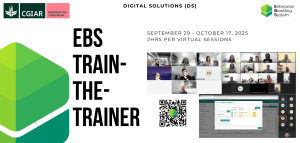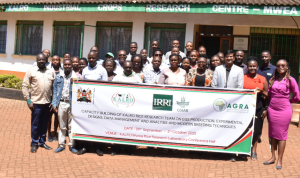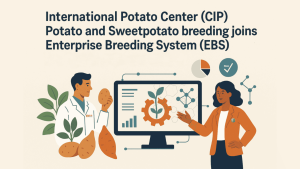From September 8–12, 2025, the International Rice Research Institute (IRRI) hosted a Train-the-Trainer program on the Enterprise Breeding System (EBS) at NCBL Conference Room 2. The session brought together representatives from the Philippine Rice Research Institute (PhilRice), including Nichole Avanzado, Data Manager, and Rodolfo Escabarte III, Researcher.
The training was led by IRRI Data Managers Connie Lotho and Michael Reyes, with support from co-trainers Consie Parducho, Lei Nora, and Daniel Pisano. Over the course of five days, participants were guided through the full functionality of EBS, with particular attention to administrative setup and system management.
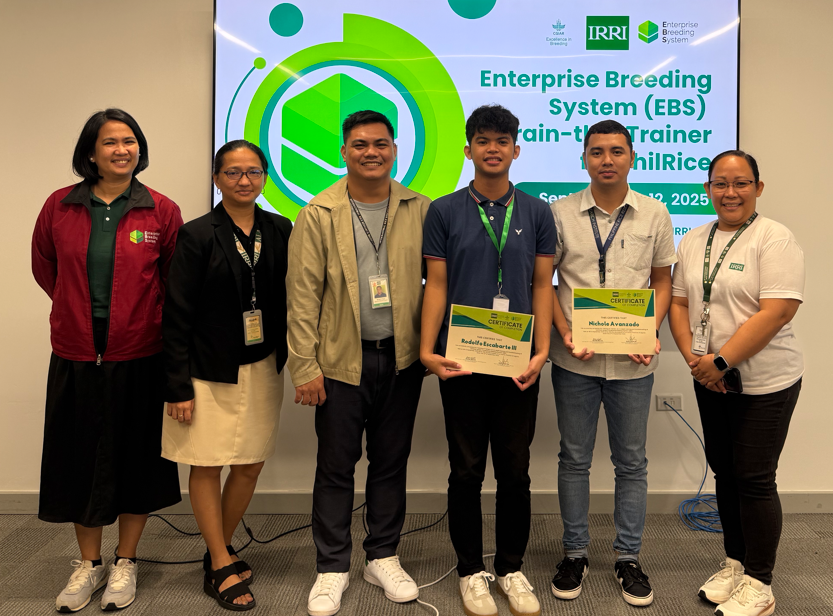
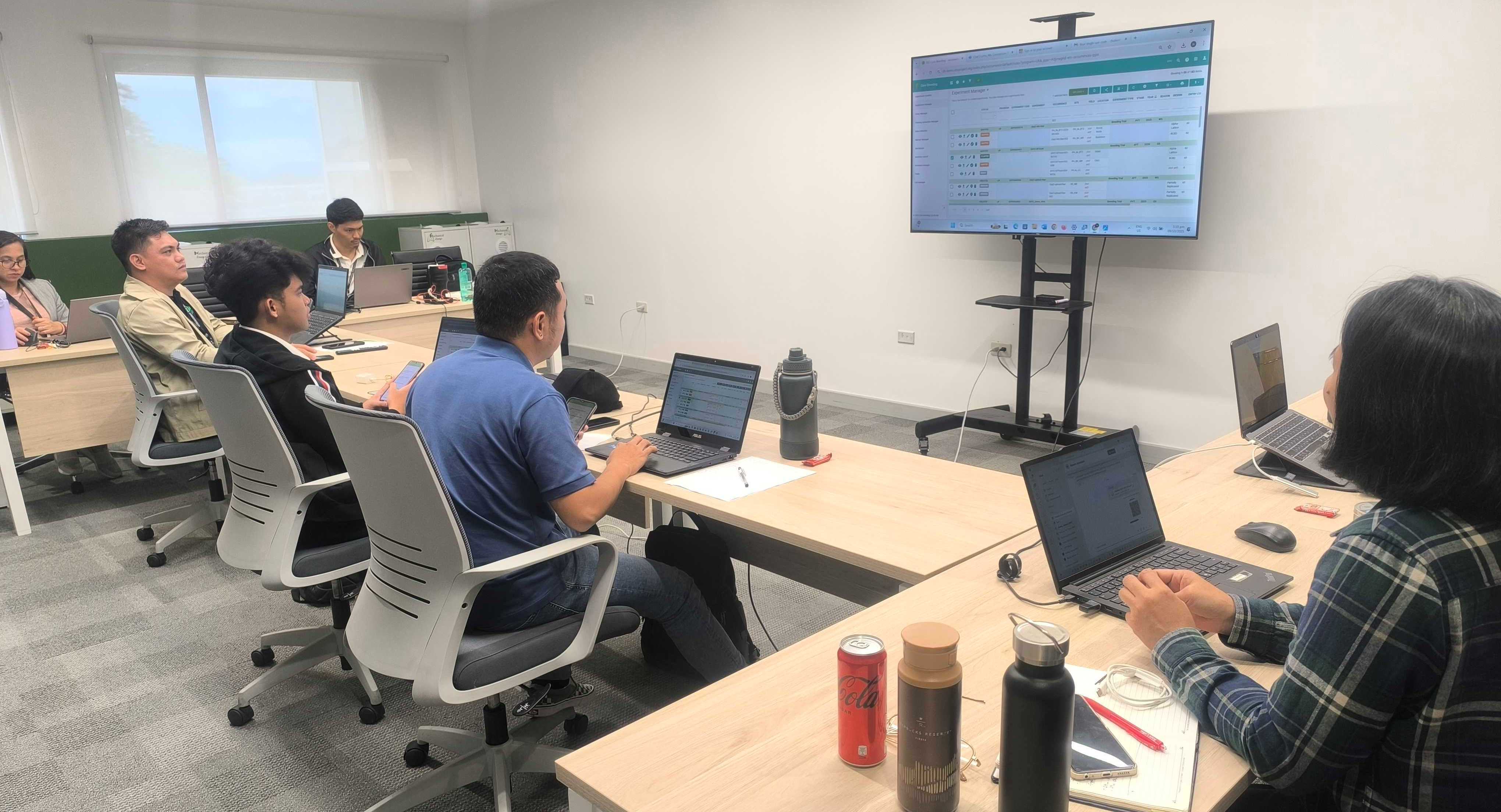
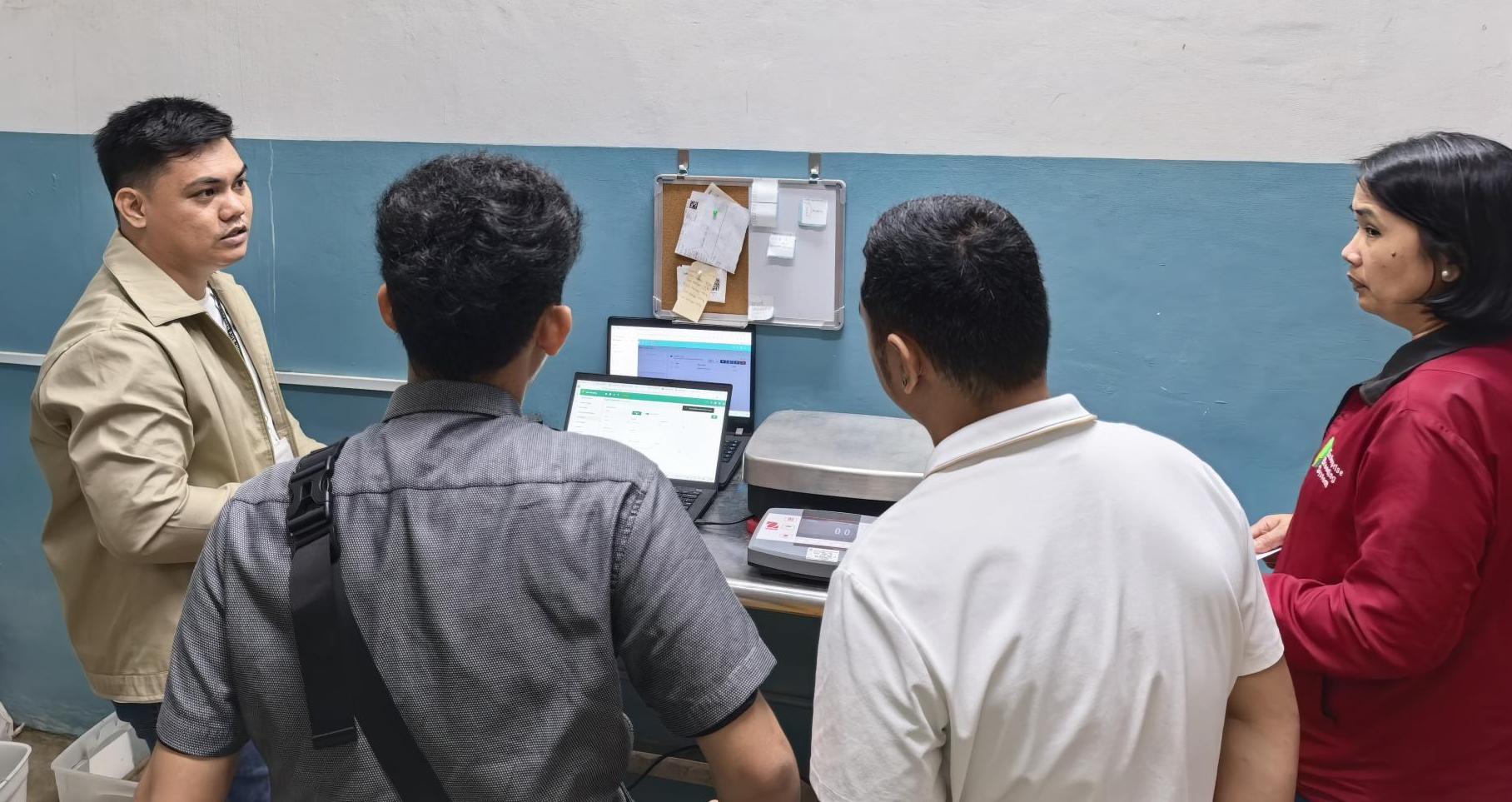
Participants praised the training for its clear instruction, practical exercises, and responsive trainers, noting that it strengthened their capacity to apply EBS in managing breeding data. They highlighted benefits such as improved data consistency, traceability of breeding trials, and more efficient decision-making. Suggestions for future improvements included incorporating localized case studies and providing continued support through refresher sessions or peer networks.
In their video reflections, Nichole emphasized how the program deepened their technical understanding of EBS and enhanced their confidence to train others within their institution. And Rodolfo highlighted the importance of hands-on sessions and the value of responsive trainers in creating an engaging learning environment.
By equipping PhilRice researchers to serve as trainers themselves, the program enhances institutional capacity and supports the wider adoption of EBS across national breeding programs. This reflects IRRI’s commitment to collaboration, capacity building, and digital innovation to accelerate progress in crop breeding.
